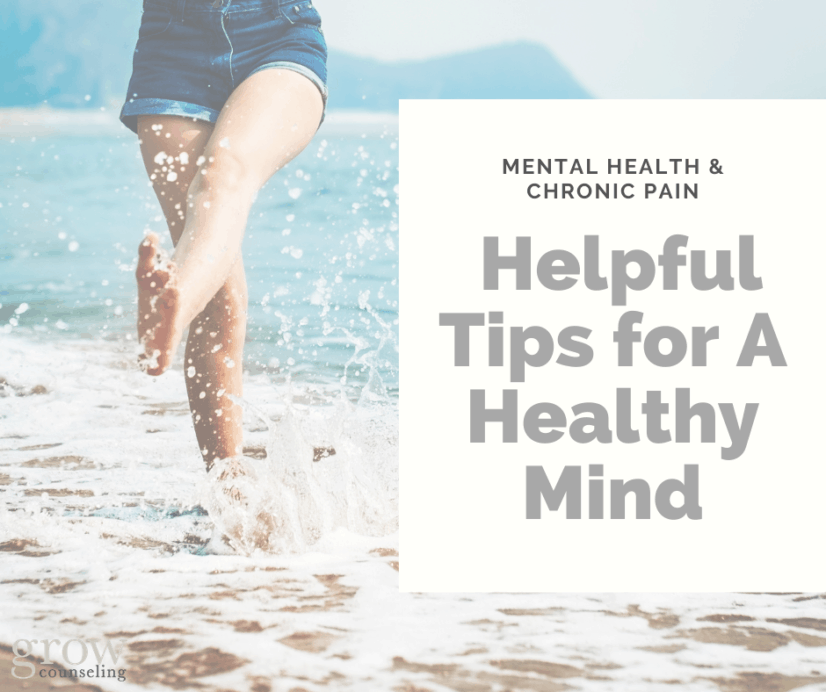Life is hard. It throws you curveballs and they sometimes come out of left field. For some of you reading this, one of those curveballs is a diagnosis of a chronic illness.
A study from NBCI looked into the depression and suicidality rates of individuals in 3 groups: a control group, a group of lower back pain sufferers, and a group of those diagnosed with fibromyalgia.
What they found was that suicidal ideation and suicide risk were significantly highest in patients with fibromyalgia.
They found that the “pain intensity and the physical health of the groups were similar, but that the severity of depression and mental health status were significantly worse among patients with fibromyalgia”.
Given this information, it is apparent that there are significant mental health challenges for chronic illness sufferers and that these struggles can lead to suicidal thoughts and even attempts. If you fall into the category of chronic illness, it’s important that you stay in tune with your mental health status; thoughts, patterns, behaviors.
Are you sleeping more? Experiencing decreased motivation? Having negative thoughts? Decreased interest in hobbies you once loved? Irritability?
Listen to yourself, your mind, and your body. And most important, know that it’s okay to seek support.
Here are some tips to consider when learning how you can be best supported:
- Counseling – Cognitive Behavioral Therapy has been proven to help not only depressive symptoms, but also anxiety symptoms and sensory challenges that come along with Fibromyalgia and other chronic illnesses.
- Exercise – Get active. Even if it’s only 20-30 minutes a day. I’m telling you, exercise is the BEST medicine. Listen to your body and see what it’s capable of that day. A short walk? A bike ride? A quick jog? Yoga? Playing with your kids outside? Any kind of movement incorporated into your daily routine is critical for improving mental and physical toughness.
- Support System – I challenge you to identify at least ONE person in your life that can be your support system. It can be hard to be open and vulnerable about chronic pain and illness due to fear of judgment or lack of understanding. However, it’s so important to have one person you can trust and confide in so you don’t have to carry the burden on your own.
Written by: Amberly Hamilton

